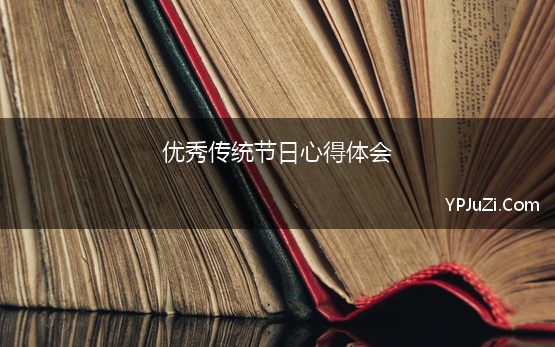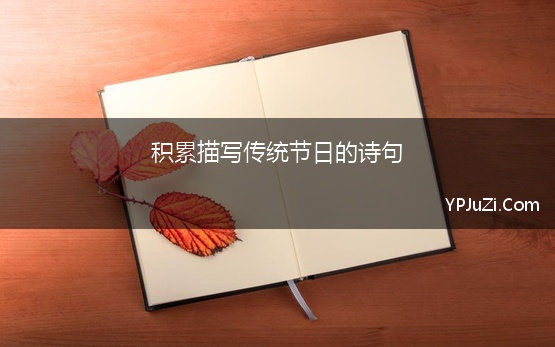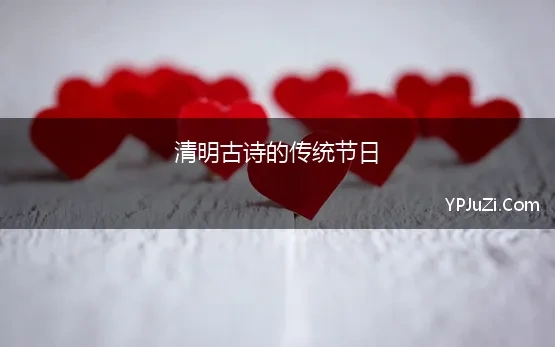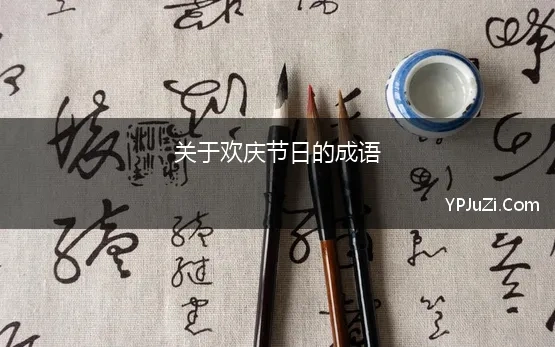节日的问候英语 关于传统节日的英文表达

今天我们来学习一下中国传统节日的英文表达吧~
New Year's Day 元旦(1月1日)
The Spring Festival 春节(农历1月1日)
The Lantern Festival 元宵节(农历1月15日)
International Working Women's Day 国际劳动妇女节(3月8日)
Arbor Day 植树节(3月12日)
ChingMing Festival; Tomb-sweeping Festival 清明节(4月5日)
International Labour Day 国际劳动节(5月1日)
Chinese Youth Day 中国青年节(5月4日)
Nurses' Festival 护士节(5月12日)
The Dragon Boat Festival 端午节(农历5月5日)
International Children's Day 国际儿童节(6月1日)
The Party's Birthday 建党节(7月1日)
Double Seventh Festival 七夕节(农历7月7日)
The Army's Day 建军节(8月1日)
Mid-autumn(Moon) Festival 中秋节(农历8月15日)
Teachers' Day 教师节(9月10日)
Double-ninth festival 重阳节(农历9月9日)
National Day 国庆节(10月1日)
Winter Solstice Festival 冬至节(12月23日)
New Year's Eve 除夕(农历12月30日)
对于我们来说最重要的就是春节啦,因为它是我国民间最隆重、最热闹的传统节日,过春节会有很多的传统习俗,那我们该怎么向外国的朋友介绍呢?
让我们来学习一些过新年会用到的英语表达吧:
年夜饭:the dinner on New Year's Eve
(Spring Festival is a time for family reunion. The New Year's Feast is "a must" banquet with all the family members getting together. The food eaten on the New Year Eve banquet varies according to regions. In south China, it is customary to eat "niangao" because as a homophone, niangao means "higher and higher every year". In the north, the traditional food for the feast is "Jiaozi" or dumplings shaped like a crescent moon.)
春节是与家人团聚的时间。年夜饭是所有家庭成员聚在一起“必须”的宴会。除夕宴会上吃的食物根据不同的地区各不相同。
在中国的南方,习惯吃“年糕”,由于作为一个同音字,年糕意味着“步步高升”。在北方,年夜饭的传统是吃“饺子”,或像月牙儿形的汤圆。
do Spring Festival shopping 买年货
offer sacrifices to one's ancestors 祭祖
New Year's visit 拜年
propose a toast 敬酒
lucky money 压岁钱
New Year paintings 年画
firecrackers 爆竹
fireworks 烟花
temple fair庙会
poetic couplet对联
(During the Spring Festival, every family pastes the Spring Festival couplets on their doors to express sincere blessings and good wishes. 春节期间,每家每户都在门口张贴春联以表达真诚美好的祝愿。)
paper-cuts 剪纸
New Year paintings 年画
dragon dance 舞龙
riddles written on lanterns 灯谜
exhibit of lanterns 灯会
版权声明
本文仅代表作者观点,不代表本站立场。
本文系作者授权本站发表,未经许可,不得转载。





